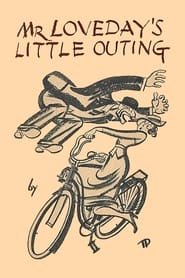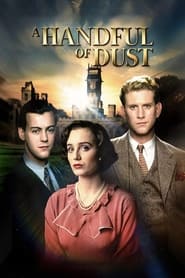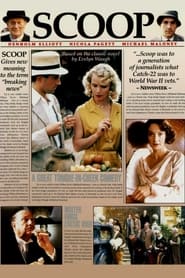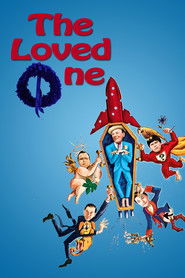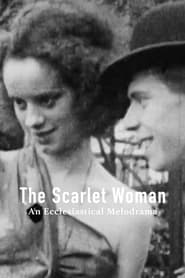Evelyn Waugh
Known For: Writing
Gender: Male
Date of Birth: October 28, 1903
Day of Death: April 10, 1966 (62 years old)
Place of Birth: London, England, UK
Arthur Evelyn St. John Waugh (28 October 1903 – 10 April 1966) was an English writer of novels, biographies, and travel books; he was also a prolific journalist and book reviewer. His most famous works include the early satires Decline and Fall (1928) and A Handful of Dust (1934), the novel Brideshead Revisited (1945), and the Second World War trilogy Sword of Honour (1952–1961). He is recognised as one of the great prose stylists of the English language in the 20th century. Waugh was the son of a publisher, educated at Lancing College and then at Hertford College, Oxford. He worked briefly as a schoolmaster before he became a full-time writer. As a young man, he acquired many fashionable and aristocratic friends and developed a taste for country house society. He travelled extensively in the 1930s, often as a special newspaper correspondent; he reported from Abyssinia at the time of the 1935 Italian invasion. Waugh served in the British armed forces throughout the Second World War, first in the Royal Marines and then in the Royal Horse Guards. He was a perceptive writer who used the experiences and the wide range of people whom he encountered in his works of fiction, generally to humorous effect. Waugh's detachment was such that he fictionalised his own mental breakdown which occurred in the early 1950s Waugh converted to Catholicism in 1930 after his first marriage failed. His traditionalist stance led him to strongly oppose all attempts to reform the Church, and the changes by the Second Vatican Council (1962–65) greatly disturbed his sensibilities, especially the introduction of the vernacular Mass. That blow to his religious traditionalism, his dislike for the welfare state culture of the postwar world, and the decline of his health all darkened his final years, but he continued to write. He displayed to the world a mask of indifference, but he was capable of great kindness to those whom he considered his friends. After his death in 1966, he acquired a following of new readers through the film and television versions of his works, such as the television serial Brideshead Revisited (1981).

